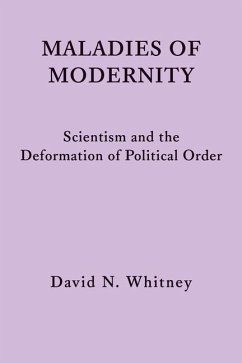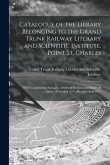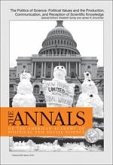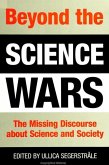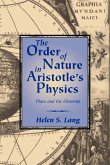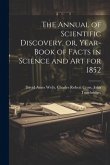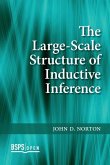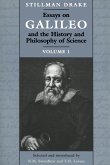"This work explores the complex relationship between science and politics. More specifically, it focuses on the problem of scientism. Scientism is a deformation of science, which unnecessarily restricts the scope of scientific inquiry by placing a dogmatic faith in the method of the natural sciences. Its adherents call for nothing less than a complete transformation of society. Science becomes the idol that can magically cure the perpetual maladies of modern society and of human nature itself. Whitney demonstrates that scientism is intellectually impoverishing and politically dangerous. Whitney surveys the development of scientism from early modernity to the present day, beginning with Francis Bacon, arguing that Bacon stands as the founder, not only of the experimental method, but also of scientism. This is most evident in his presentation of a scientific utopia in New Atlantis. After briefly noting the impact of Isaac Newton and the French Encylopedists, Whitney then moves on to the other great representative figure of scientism: Auguste Comte, who demonstrates the religious fervor that accompanies the scientistic attitude. Continuing on the path set forth by Bacon, Comte argues for a reorganization of society based on the precepts of positive science. The solution to scientism, Whitney advances, lies in a new (or revised) science of politics; the foundation of which is based on the Classical sources that were either discredited or banned outright by the proposals of Bacon and Comte. He concludes the work with contemporary examples of scientism, including the climate change debates, genetic engineering, and the New Atheism movement"--
Hinweis: Dieser Artikel kann nur an eine deutsche Lieferadresse ausgeliefert werden.
Hinweis: Dieser Artikel kann nur an eine deutsche Lieferadresse ausgeliefert werden.

